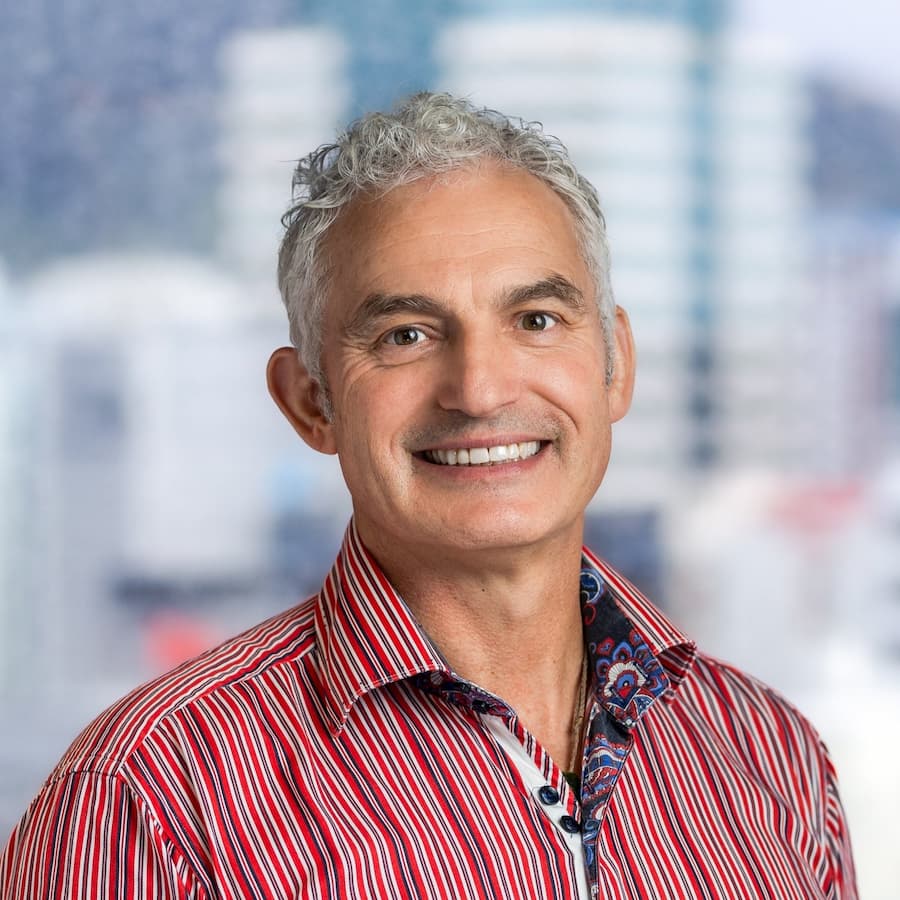Offshore
HNW Individuals Seeking Foreign Residency Must Plan, Show Realism – Former New Zealand Minister

This publication recently spoke to a former New Zealand cabinet minister who has turned to the business of HNW investor visas and a relocation consultancy. We talked about how people should frame expectations around these visas and plan ahead.
It is one thing to emigrate in pursuit of a more pleasant, less
heavily taxed and more business-friendly jurisdiction, but
without plans and realistic goals, dreams turn sour, however
appealing the brochures and marketing spiel.
This is no different for New Zealand, a country that in early
April 2025 modified its Active Investor Plus Visa. The visa is
designed to attract investors who take an active role in helping
companies access global knowledge networks, capital, and markets.
On 1 April, the system was changed to streamline the investment
process, by including two investment categories: Growth or
Balanced.
The Growth investment option requires an investment of at
least NZ$5 million ($2.92 million)l NZ$10 million is needed
for the Balanced investment categories.
The new system involves a three-year investment period for Growth
category applicants, though visa holders must only spend 21 days
in the country; applicants seeking different categories must
commit to spending varying periods a year in New Zealand. There
is no English language requirement.
To make all this work, applicants must plan and reach out to
those who are able to make them feel at home. That is the view of
Stuart Nash (main picture), a former New Zealand government
minister in the Jacinda Ardern administration who today leads
Nash Kelly Global, a relocation consultancy. (He is a lawyer by
professional background.)
Nash is keen to promote his country’s virtues, one that is among
a host of nations with so-called “golden visa” programmes. After
holding one post in the second Ardern term, Nash was handed
the Economic Development, Tourism, Forestry, and Small Business
portfolios. There’s an obvious relevance for what he does
now.
“FDI [foreign direct investment] is important in New Zealand and
if you are moving to the other side of the world you have to be
welcomed and appreciated,” Nash told this news service in a call.
“It is very difficult to be in a network [of people] unless you
are already part of this.”
With dozens of jurisdictions, such as Italy, Dubai, Portugal,
various Caribbean islands and now even the US – with its
“Gold Card” idea – to compete in this investor visa
space, New Zealand must get the offering right.
Beyond the basics of tax and so forth – New Zealand does not have
inheritance tax or capital gains tax – it is vital to ensure that
the details are in rder to make a move feel comfortable
and enjoyable, Nash said.
The challenge for HNW individuals of knowing how to make new
friends, build networks, integrate their spouses and families
into a community can be easily under-estimated, Nash said. “And
it is not just about the investor – it is their wife/husband and
their kids,” Nash continued. The whole family must be involved in
conversations.
Nash said his consultancy helps to remove the risk from what
can be a daunting change. “The vast majority of people in this
[HNW migrant] group have high expectations,” he said.
“There’s nothing worse than to be in the middle of the New
Zealand winter and talking to friends in Switzerland or wherever
and hear them saying that life there is lovely,” Nash
said.
New Zealand’s appeal
The charms of the two-island nation, with its dramatic country
scenery beloved of hikers and movie makers, endless opportunities
for outdoor pursuits (on and off the water), distance from
unstable parts of the world, high quality of life and robust
economy, are well known.
With cash-strapped governments in certain parts of the world
tightening screws on HNW individuals – in
the UK for example – countries such as New Zealand with
their links to the old country via language, sports and shared
history, have obvious appeal. There is also the attraction for
high-profile wealthy people of being out of the
spotlight.
Part of what Nash and his colleagues do is leverage networks so
that a client can hook up with charitable organisations, angel
investors and entrepreneurship networks, sports clubs and teams,
social groups of all kinds, and, if they are so minded, political
campaigns.
The New Zealand visa system isn’t the same as outright
citizenship, but for those who want it, the pathway to reaching
it can take up to 10 years.
At a time when citizenship/residency-by investment programmes –
aka “golden visas” – have been attacked politically – such
as in the case of the UK,
Spain and
Malta – New Zealand policymakers are at pains to set out
various conditions that applicants for Active Investor Plus Visa
programmes must fulfil. The source of wealth must be established;
an applicant must be verified as a “fit and proper person” – for
example, not having a record of financial impropriety – and
be in good health. Police certificates showing a clean record are
required.
The market for such visa programmes appears vigorous, even with
certain schemes, such as in Spain, being placed on hold. It is a
sign of how mainstream that such programmes have become that a
former cabinet minister such as Nash is deploying his own
energies to helping people make a happy and successful
move.